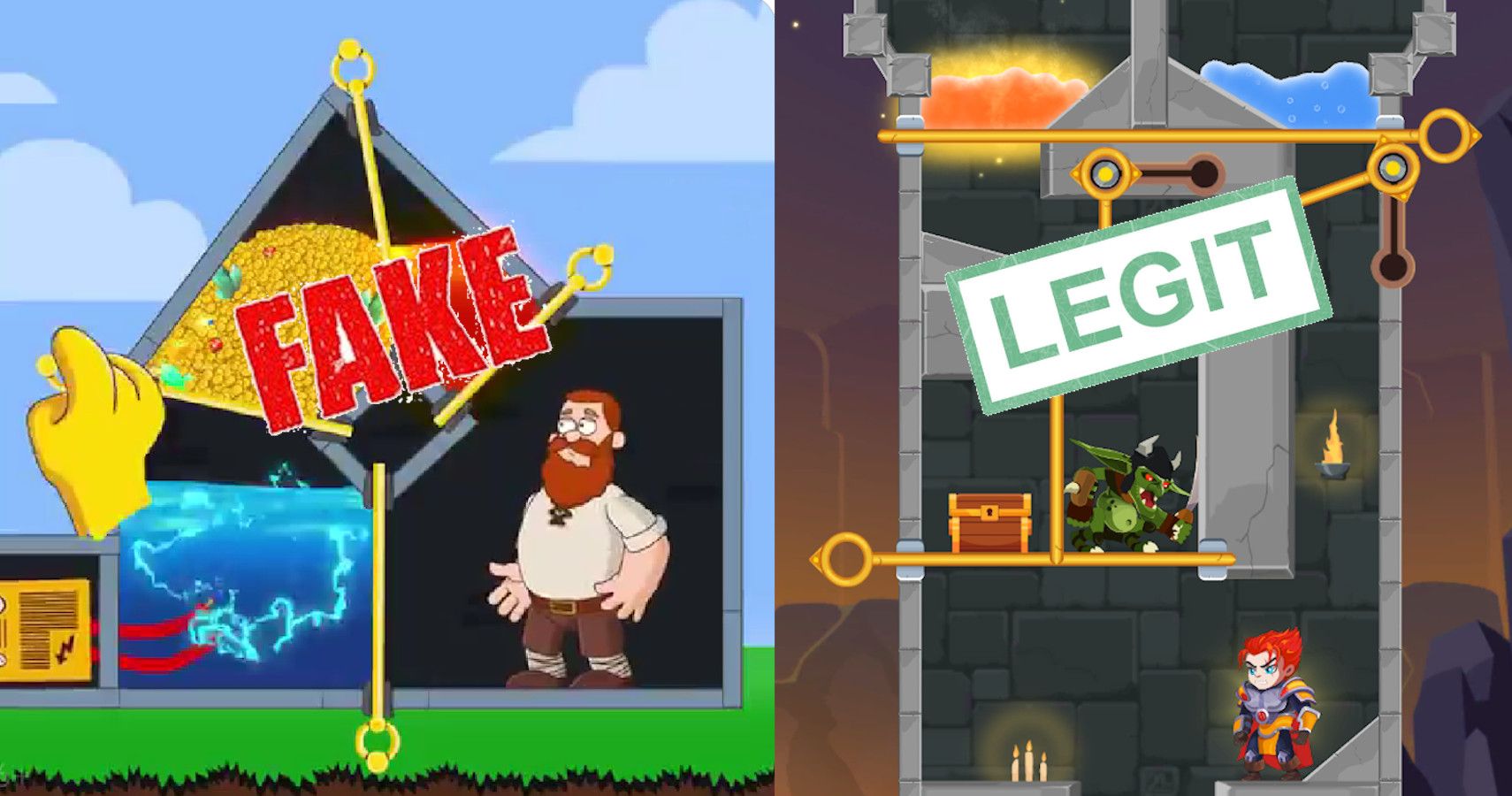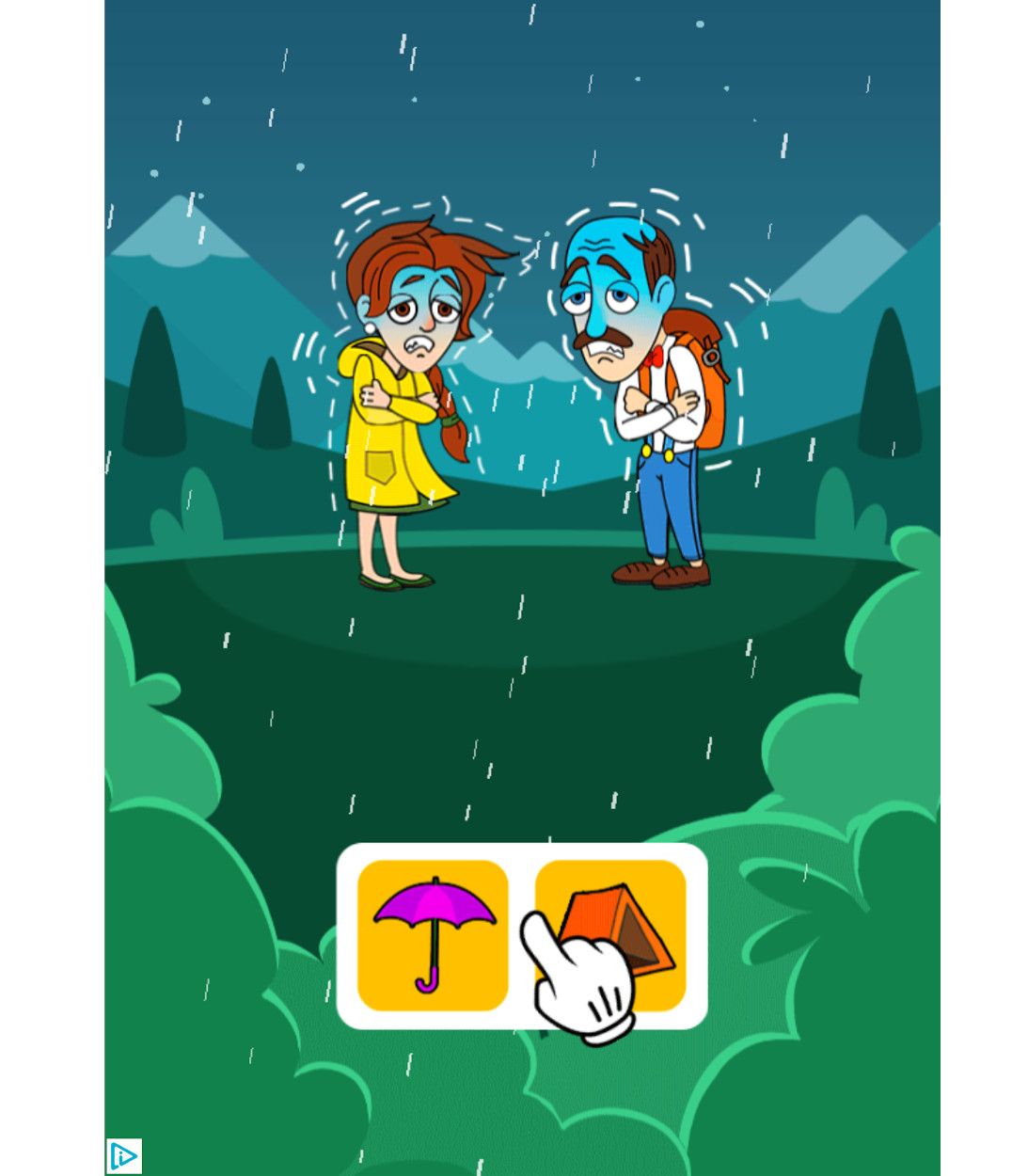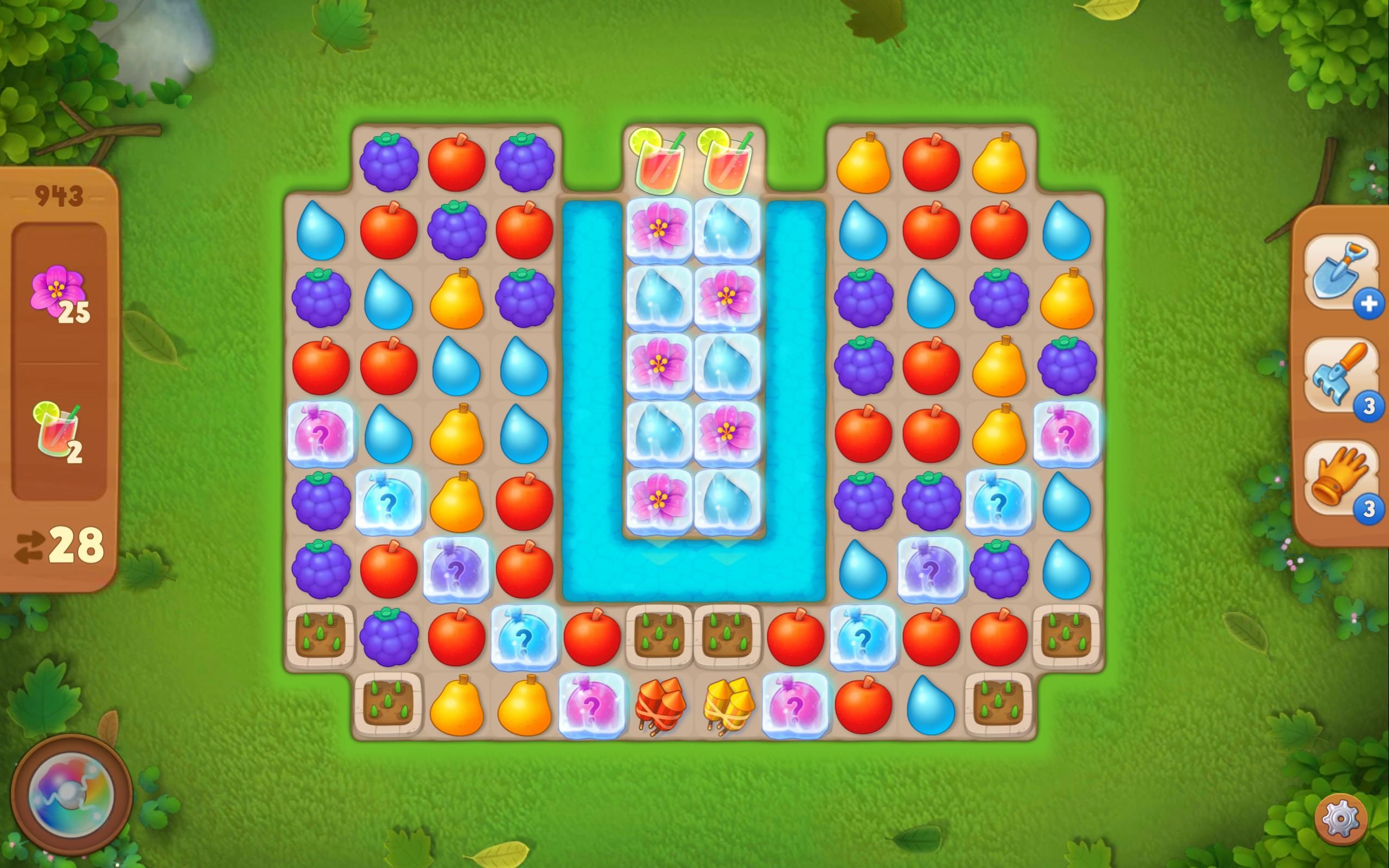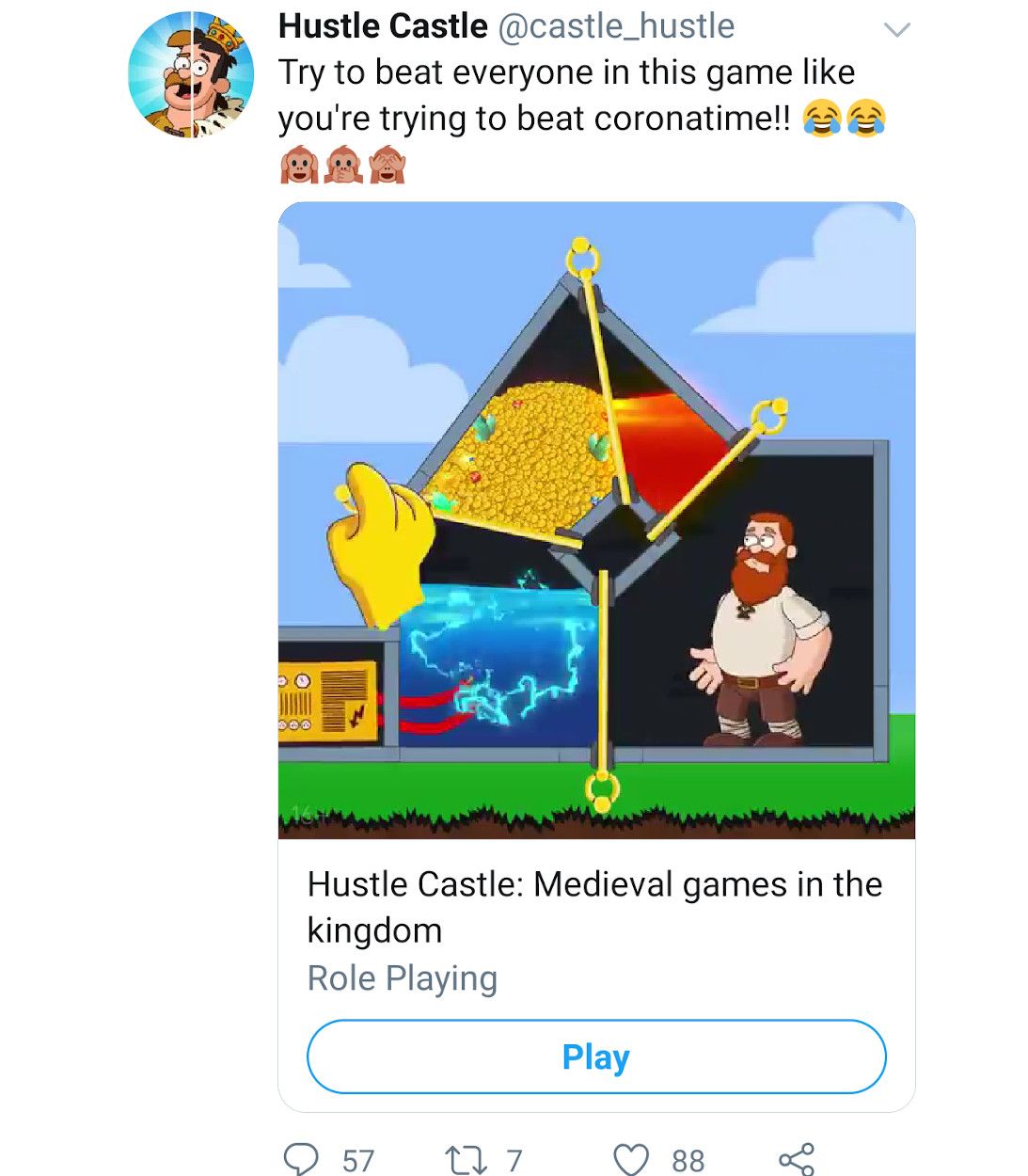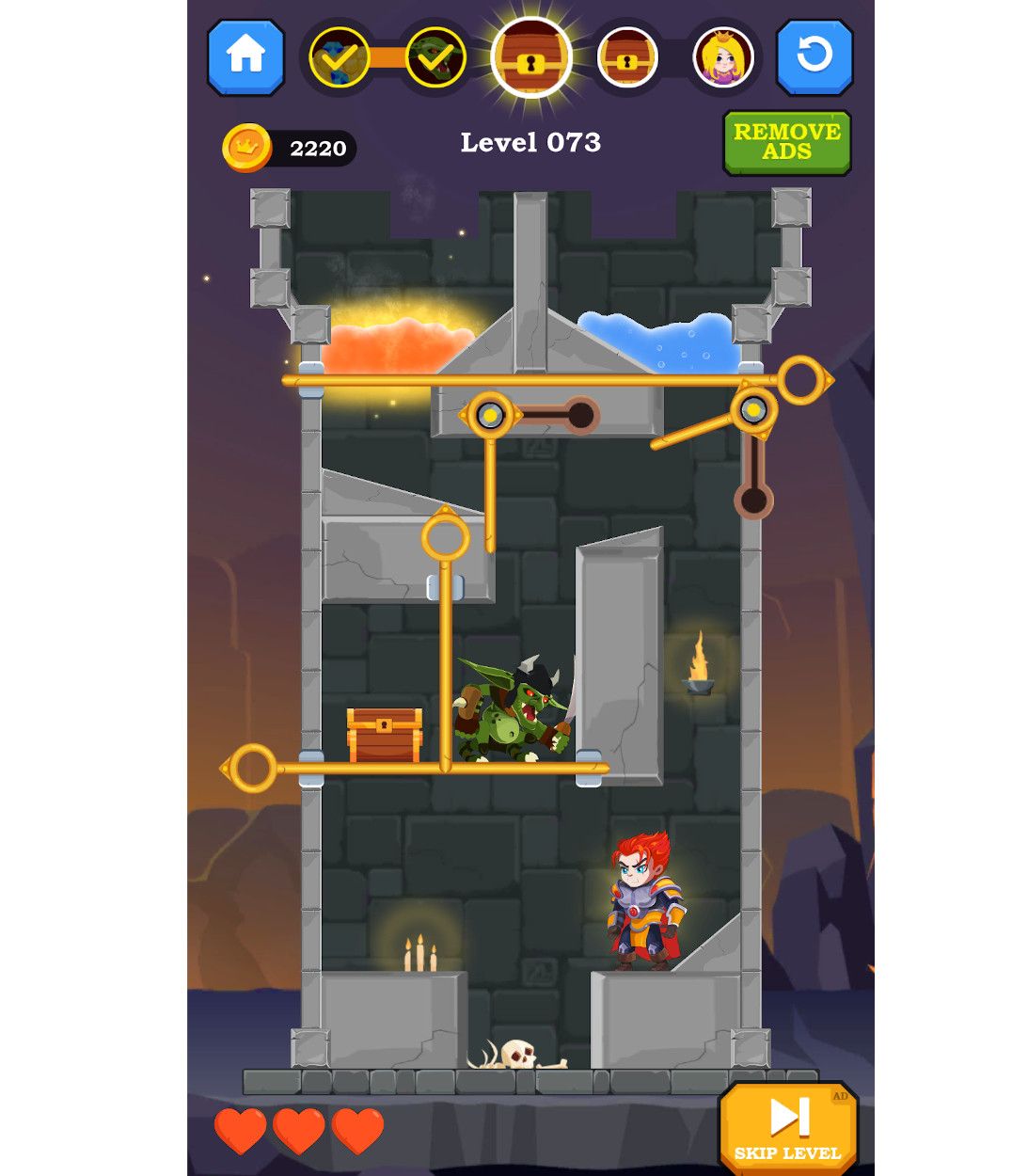Have you ever seen an ad for a mobile game that looked fun, only to download it and discover that the game isn't anything at all like the game in the ad? It's been happening for a long time, and despite blatantly false advertising, there doesn't seem to be any indication it's going to stop. Luckily, one app developer came up with the perfect solution: actually develop the game from the ads.
The game is called Hero Rescue, and the Google Play Store description for the game says "Experience the real game you always see in the cool ads." While it has some pretty aggressive in-app ads itself, we can confirm from playing the first 100 levels that Hero Rescue is, in fact, the game from those cool ads.
Why Do Mobile Games Have Fake Ads
In episode #156 of the internet-culture podcast Reply All, Alex and PJ take a call from a listener who has been sucked into a mobile game called Homescapes because of an ad that looked completely different from the actual game. Alex relates to the caller immediately: he too is caught up in a mobile game (Matchington Mansions) because of a similarly duplicitous advertisement. The game both players thought they were signing up for was a problem-solving puzzle game about choosing the right tool to stop an out-of-control leak or some other domestic catastrophe. What they got instead was a Bejewled-style match 3 game with no puzzle-solving elements at all.
Perplexed, Alex reached out to writer Jess Joho who has researched this phenomenon, and as it turns out, it isn't all that complicated: the version of the game in the ads has been determined to attract "power players" to the game at a much higher rate than ads of actual gameplay would. These "power players" are those most likely to engage with the app long term and spend the most money. Why don't they just make the more attractive game then? Well, designing and building a new puzzle game takes a lot of time and resources, while making fake ads for new games is quick and relatively easy. It's a pretty foul practice, and it's been going on in mobile games for a long time.
At the end of the segment, Alex reconnects with the original caller to share what he learned about these fake game ads. The caller concludes by wondering why someone doesn't just make the game from the ads.
Hero Rescue Is That Game (Sort Of)
There's 2 versions of the fake game ad that can be seen all over the internet: The Homescapes/Gardenscapes "choose the right tool" version, and the "save the princess" version.
In the "save the princess" version, you'll typically see a room with sectioned off areas that contain lava, water, poison gas, or monsters. To solve the puzzle you'll need to open each chamber in the right order to combine the lava with the water or poison the monsters with gas. Doing so will either save your character's life, give him access to treasure, or allow him to save the princess.
Of course, the game these ads lead to is nothing like this at all. One of them, Hustle Castle, is actually a Fallout Shelter style city builder with some fairly predatory monetization, if the reviews are anything to go by.
Someone finally seized the opportunity and made the game from these ads, and it's called Hero Rescue. Hero Rescue has 270 levels of exactly the type of gameplay advertised in those fake ads. The player slides barriers out of the way to release lava, water, weapons, and enemies into different sections of the room, with the goal to neutralize any threats and give the hero access to the treasure and the princess. The levels start off incredibly simple but somewhere in the mid-60s I came across a few that caused me to pause momentarily and reason out the solution.
It introduces new mechanics steadily, like a cut-the-rope mechanic around level 20 that can be used to drop spike traps on enemies, and a mechanic around level 40 that requires levers to be hit to trigger platform traps. There's a good amount of variety and problem solving for a simple mobile game. Best of all, you're getting exactly the game everyone's advertising.
Mobile Game Can't Stop Being A Mobile Game Though
Here's the rub: Hero Rescue has the worst ad economy of all time. It's common to have to sit through an ad here or there while playing mobile games, but this game throws a 30-second ad at you every 2 levels. I timed it, and it's actually more ad time than game time.
Ads can be turned off entirely for only $3, which is honestly a pretty good value for the amount of content in Hero Rescue. Not only are there 270 levels, there 4 other modes that have dozens of levels to play as well. The problem is that if you want to play this game, paying the $3 feels like a requirement, unless you don't mind 10 seconds of game time for every 30 seconds of ads.
Hilariously, Hero Rescue actually has playable ads for Gardenscapes. That's right: the game that delivers on the promise of fake mobile game ads assaults you with constant fake mobile game ads.
Hero Rescue isn't the best mobile game I've ever played, but I feel like it gave me the opportunity to get something out of my system that's been gnawing at me for years. The next time I see a fake mobile game ad, I'll have some relief knowing Hero Rescue exists.

